Giorgio Bassani
Nascimento : 1916-03-04, Bologna, Italy
Morte : 2000-04-13
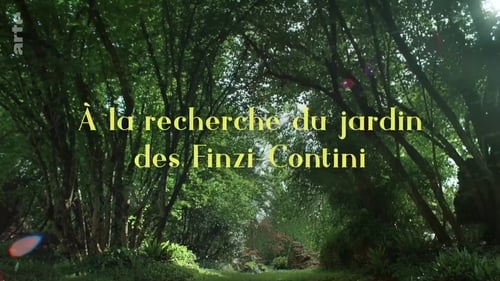
Self
Once upon a time there was a garden, a refuge, a safe haven - 'The Garden of the Finzi Continis'. It came to life in Giorgio Bassani's 1962 semi-autobiographical novel recounting an unfulfilled love story between two young Jews in Ferrara, while fascism was raging in Italy in the late 1930's. In 1972, Vittorio De Sica's film adaptation of the book won the Oscar for Best Foreign Language Film. Since then, the fictional space of the garden became so tangible that people from all over the world come to Ferrara to look for it. Fifty years after winning the Oscar, reality and fiction come together once more, as we walk through an imaginary garden and bring to life the book, its author, its main protagonists, history, love, friendships and betrayals.

Story

Poet Narrator (voice) (archive footage)
Segundo o diretor, "uma hipótese de reconstrução" do filme original de Pasolini, incluindo trechos cortados em 1963.
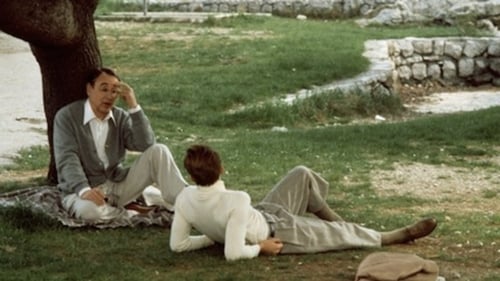
Novel
Jewish lovers (Rupert Everett, Stefania Sandrelli) and a homosexual doctor (Philippe Noiret) fall to prejudice and scandal in 1938 Italy.
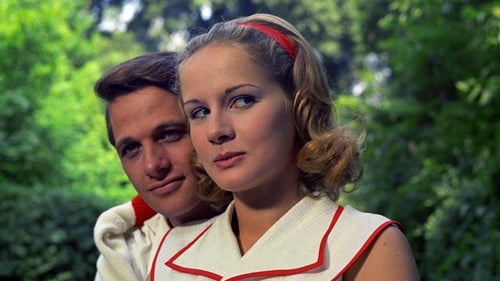
Novel
No final de 1930 Ferrara, Itália, os Finzi-Contini são uma família de destaque: ricos, aristocráticos e urbanos; eles também são judeus. Os seus filhos adultos, Micol e Alberto, convivem num círculo diversificado de amigos para jogos de tênis e festas em sua casa de campo, com seus belos jardins, e tentam manter o resto do mundo à distância. Mas as tensões entre todos eles crescem à medida que o anti-semitismo cresce na Itália fascista, e até mesmo os Finzi-Contini terão de se confrontar com o Holocausto.
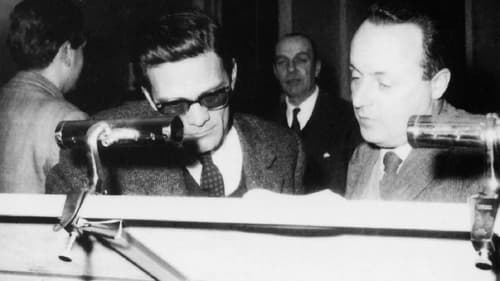
Poetry Narrator - Part One (voice)
Documentary footage (from the 1950s) and accompanying commentary to attempt to answer the existential question, Why are our lives characterized by discontent, anguish, and fear? The film is in two completely separate parts, and the directors of these respective sections, left-wing Pier Paolo Pasolini and conservative Giovanni Guareschi, offer the viewer contrasting analyses of and prescriptions for modern society. Part I, by Pasolini, is a denunciation of the offenses of Western culture, particularly those against colonized Africa. It is at the same time a chronicle of the liberation and independence of the former African colonies, portraying these peoples as the new protagonists of the world stage, holding up Marxism as their "salvation", and suggesting that their "innocent ferocity" will be the new religion of the era. Guareschi's part, by contrast, constitutes a defense of Western civilization and a word of hope, couched in traditional Christian terms, for man's future.
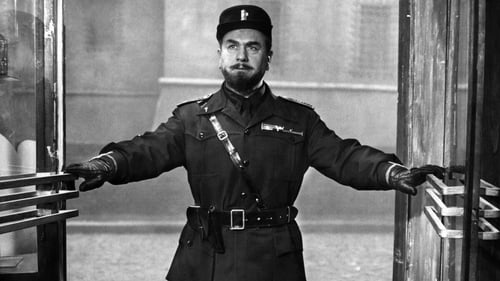
Novel
1943. The affair between Anna, unhappily married to wheelchair-bound Pino, and deserter Franco unfolds in foggy Ferrara, intertwining with the power struggle taking place within local Fascist ranks that culminates in a massacre of civilians, including Franco's father – Pino sees it all from his window, but will he tell anyone?

Screenplay
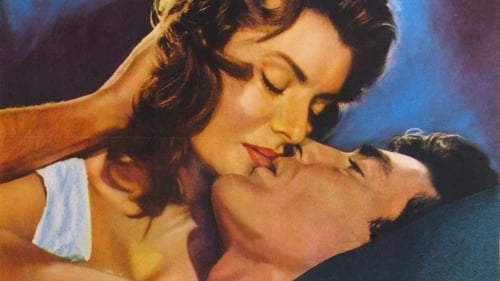
Dialogue
When peasant girl Nives is deserted by smuggler Gino Lodi, she betrays him to the police. Police officer Enzo Cinti, who loves Nives, traces her to the Po River cane-fields, where she is working as a cutter to support herself and an infant son, and warns her that Gino has escaped from prison and is seeking revenge. She rejects his offer to protect her. Gino finds Nives, mourning the drowning death of their son. He surrenders himself to the police and then walks at Nives' side in the funeral procession.

Screenplay
When peasant girl Nives is deserted by smuggler Gino Lodi, she betrays him to the police. Police officer Enzo Cinti, who loves Nives, traces her to the Po River cane-fields, where she is working as a cutter to support herself and an infant son, and warns her that Gino has escaped from prison and is seeking revenge. She rejects his offer to protect her. Gino finds Nives, mourning the drowning death of their son. He surrenders himself to the police and then walks at Nives' side in the funeral procession.
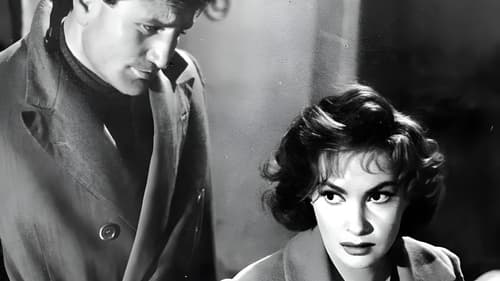
Screenplay
Durante a era fascista na Itália, Adriana (Gina Lollobrigida), uma jovem muito bonita, simples e de boas intenções, se torna uma prostituta depois de um relacionamento amoroso que não deu certo. É a história de uma alma boa que se corrompe, primeiramente, por sua mãe gananciosa, por Gino, seu primeiro amor que a engana e por pessoas que só querem se aproveitar dela. Um dia, Adriana conhece Mino, um jovem antifascista que se apaixona por ela e quer salvá-la. Mas ele tem tendência para o suicídio.
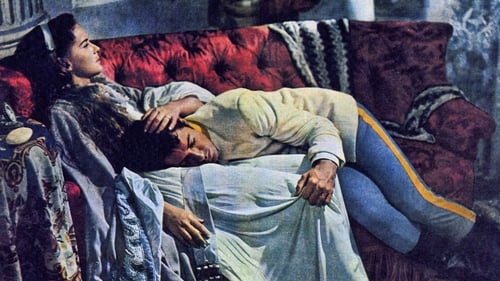
Co-Writer
Durante a primavera de 1866, a Itália está ocupada pela Áustria e prepara seu principal movimento de libertação. Em meio ao caos de Veneza, a Condessa Serpieri (Alida Valli), que participa da resistência, começa a nutrir um amor proibido: o tenente autríaco Franz Mahler (Farley Granger).

Screenplay
Nine episodes about life in Italy in the period just before its economic boom.

Screenplay
A film made up of four episodes: a jar repairer gets trapped in a vat because of his hunch; a young unmarried mother is forced to beg to buy herself a fan; Rosario Chiarchiaro appears before a law court for casting spells; the discomfort of an overtight jacket gives a wedding witness the strength to persuade the bridegroom's reluctant parents to bless his union.
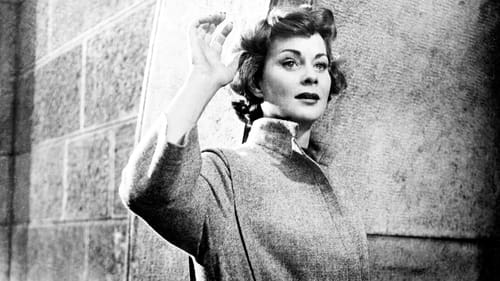
Screenplay
Eight-year-old Roger Court is in Venice expecting to reunite with his father, British diplomat Major Court (Trevor Howard), whom he hasn't seen in three years. Roger lives with his Aunt Rose since his mother abandoned him.

Story
Villa Borghese, Rome's biggest urban park, is the place where everyday laughs and dramas are consumed. The movie is made of six vignettes set there.
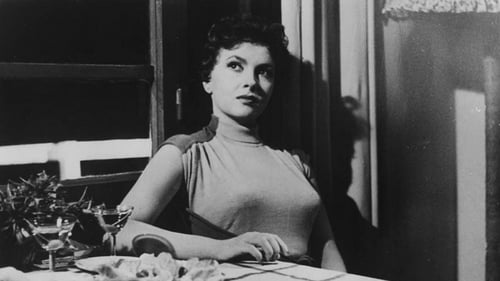
Screenplay
The ever-growing popularity of Gina Lollobrigida was a decided box-office asset when the Italian La Provinciale was distributed to the U.S. as The Wayward Wife. Lollobrigida acquits herself quite nicely in the tensely dramatic role of a much-put-upon small-town girl named Cemma. Seduced by a lad who turns out to be a relative, Cemma is tossed out of her home. Seeking security, she impulsively marries bookish science professor Franco Vagnuzzi (Gabriele Ferzetti). Bored by her marriage, Cemma doesn't realize the true value of her loving husband until it's almost too late. The original 118-minute run time was reduced for U.S. release.
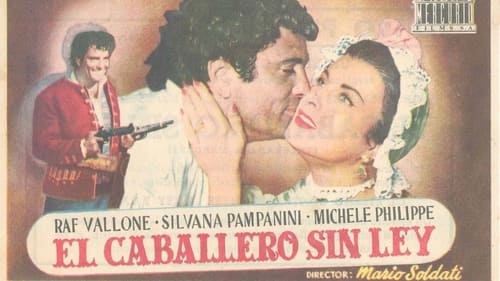
Screenplay

Narrator - 'professore'
Three gorgeous seamstresses meet on the historic steps of the Piazza de Spagna in Rome to discuss one another's love lives.













